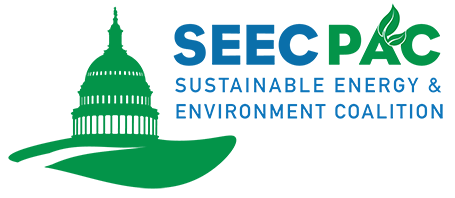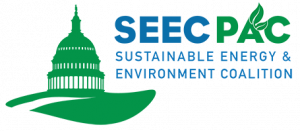Plastic pollution is filling our oceans with garbage, endangering our marine animals and sea life, and costing us millions of dollars. This isn’t an issue that can be recycled away (and it turns out many places don’t actually recycle your plastic, even if you put it in the correct bin.)
Experts say by the middle of this century, global emissions from plastic production could triple, consuming one-fifth of Earth’s remaining carbon budget. Without a significant reduction in plastic production, our planet faces irreparable harm.
A recent global study, which used a team of over 100,000 volunteers to catalog over 1.8 million pieces of plastic waste, found that only 56 companies were responsible for 50 percent of branded plastic waste globally. You can probably guess all of these name-brand companies.
Every year, over 400 million metric tons of plastic are produced and the situation is getting more dire by the minute. Plastic waste clogs waterways, floats in the ocean, and poses a threat to wildlife. These microplastics and nanoplastics also pose significant risks to human health.
With plastic production expected to double or even triple by 2050, emissions could surpass those of over 1,700 coal plants. That means even if we execute ambitious plans to decarbonize the power grid, plastic pollution would still remain a significant contributor to climate change.

